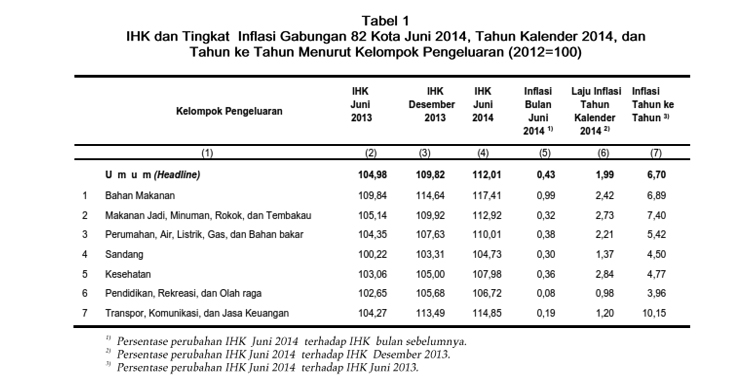HONG KONG (Yosefardi) – The Hongkong and Shanghai Banking Corporation (HSBC) posted profit before tax of US$280 million from Indonesian operation in 2013, declined 8.5% from US$306 million in 2012.
HSBC’s Indonesian operation also reported gross loans of US$5.95 million, compared to US$6.03 million a year earlier.
While net structural foreign exposures fell to US$1.24 billion from previous US$1.32 billion. Customer accounts totaled US$5.86 million in 2013, compared to US$6.51 million in 2012.
Indonesia is among priority growth markets for HSBC.
Outside mainland China, HSBC conduct business in 18 countries and territories in the rest of Asia-Pacific region, primarily through branches and subsidiaries of HSBC, with particularly strong coverage in Australia, India, Indonesia, Malaysia, and Singapore.
During the course of the summer, there were concerns in financial markets that global liquidity may become more expensive and less abundant as the US Federal Reserve Board indicated it may begin to ‘taper’ its purchases of financial assets.
Some emerging economies suffered considerable capital outflows with large declines in the value of their currencies against the US dollar and central banks were forced to raise interest rates to attract capital. This in turn
led to a slowdown in activity.
In Asia-Pacific, India and Indonesia were most affected. The current account positions of both economies had significantly deteriorated in recent years, leaving them vulnerable to changes in external financing conditions.
Similar constraints in Indonesia saw GDP growth slow in 2013. However, concerted measures to reduce fuel subsidies and narrow the current account deficit should make the economy more resilient to any tightening in monetary conditions
in the West.




